
Ten second-year Tuck MBA students are headed to Dubai to represent Dartmouth at COP28, the annual UN Climate Change Convention, also known as the Conference of the Parties (COP). In addition to representing Dartmouth as observers to the UNFCCC process, the students have undertaken an independent study project (ISP) that will produce timely research on a newly proposed accountability framework for voluntary climate pledges by non-party stakeholder (NPS) that is intended to improve transparency and credibility.
Since 2009, Tuck has sent a delegation of students to COP, joining delegations from around the world in presenting goals to tackle the global climate change crisis. To gear up for COP28, we reached out to eight alumni who attended COP as Tuck MBA students to see what they’ve been up to, what lessons have stayed with them since COP, and their advice for MBAs considering a career in energy, sustainability, or social impact.
Learn more about Tuck’s Center for Business, Government & Society and the Revers Center for Energy, Sustainability and Innovation.
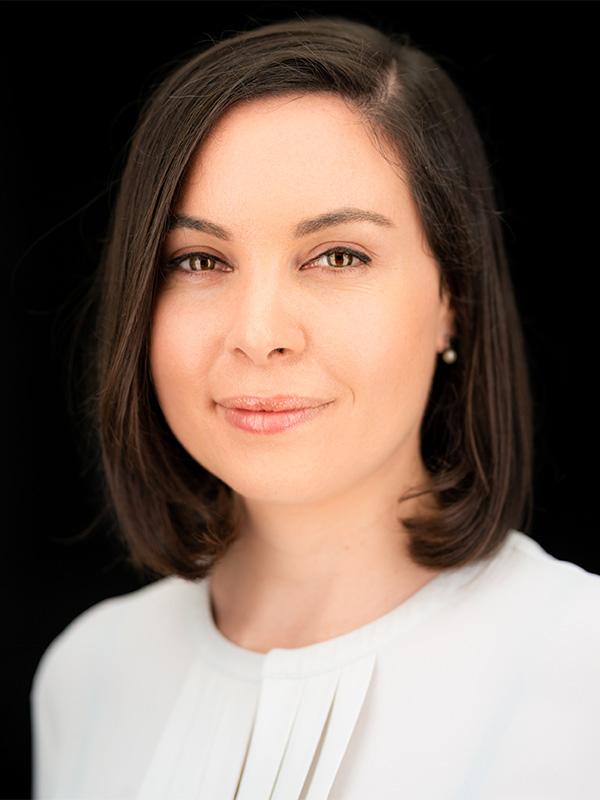
Principal, AENU | Berlin, Germany
Attended COP25 in Madrid, 2019
What have you been up to since graduating from Tuck?
When I graduated during the first wave of the COVID pandemic, I decided to move back to Europe, and specifically, Germany. I first worked with the World Economic Forum and Yunus Social Business on a couple of projects focused on supporting social enterprises during COVID. After my projects ended, I was recruited by a German foundation—the Alfred Landecker Foundation—to set up their internal impact investment vehicle. My last stop is AENU, a new climate VC based in Berlin aiming to rethink the venture capital system while at the same time investing in the most important climate innovations of our time. At AENU, I cover a variety of topics from climate fintech, food and agriculture, grid technologies, circularity, and more.
What was your biggest takeaway from attending COP as a Dartmouth-Tuck delegate? What was the experience like?
Attending COP was an incredible opportunity, and the beginning of my climate journey. At the conference, I spent most time exploring climate financing. It was my first exposure, for example, to the concept of climate adaptation financing. It is as important to reduce overall emissions as it is to support people and institutions—especially those most vulnerable—to cope with the unavoidable effects of climate change: from becoming resilient to physical risks to upskilling for green jobs. Now at work, I drive our thesis of climate adaptation technologies, which are usually underfunded in the venture capital world.
Since attending COP and graduating from Tuck, are there any changes you’ve made, either personally or professionally, to help address the climate change crisis?
Working in climate venture capital is probably the most radical change since COP. Other than that, I now mostly bike in Berlin. To me, there is no small or big action—every individual action counts.
What advice do you have for prospective Tuck MBA and incoming Tuck MBA students who are interested in exploring energy, sustainability, and social impact space?
The impact space is very broad—and so are the professional opportunities in it. There is no one path: impact finance, non-profits, corporate social responsibility. The opportunities are endless. For me, impact is not a bucket or industry, it’s a way of thinking that can be brought into any organization and any role. My advice is to first think about what type of work makes you thrive—it could be consulting, building products, investing, influencing people through the power of communication, etc.—and only then think about how impact or sustainability is—or can be–incorporated into that role/organization.
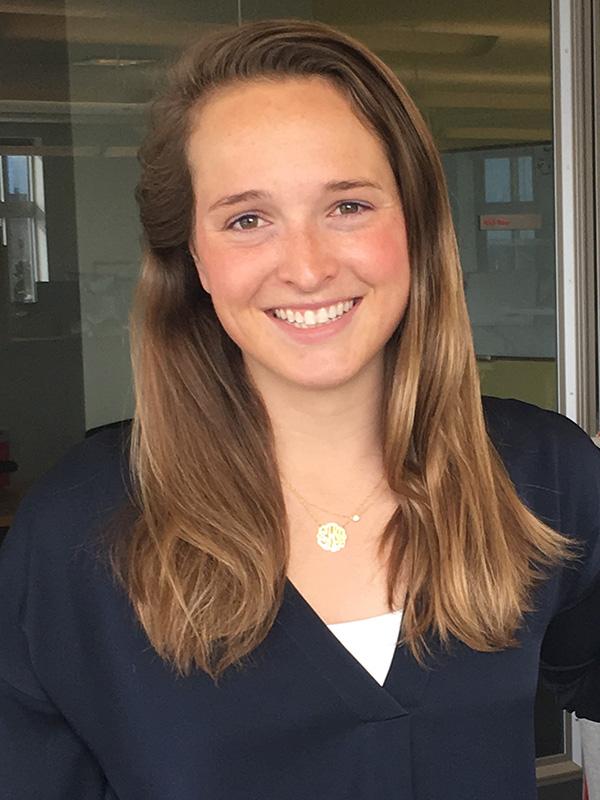
Manager, Bain & Company | Boston
Attended COP25 in Madrid, 2019
What was your biggest takeaway from attending COP as a Dartmouth-Tuck delegate?
My biggest takeaway was how lucky I was to be invited into that space just because I was a Tuck student. I was filled with awe and gratitude for the experience—which was like nothing I’d ever experienced before. At COP, I was surrounded by thousands of people from all corners of the globe who were all approaching the climate crisis from different perspectives, whether that be youth activists demanding greater commitments, country-specific representatives negotiating technical language, indigenous community members advocating for their voices to be heard, or business leaders expounding on progress made and opportunities ahead. It was a lot to take in and my challenge to myself was to absorb as much as I could. I felt both inspired by the apparent dedication to orchestrating globally-coordinated solutions to the climate crisis and discouraged at how slow and tenuous the creation and adoption of those solutions can be. It was incredible to see what felt like a sampling of the global community coming together to try to solve this problem together.
Since attending COP and graduating from Tuck, are there any changes you’ve made, either personally or professionally, to help address the climate change crisis?
Attending COP was a key stepping stone for me at Tuck that helped me explore what focusing on climate in my career could look like. Since graduating from Tuck, I have made working on addressing the climate crisis my main professional ambition within Bain. I seek casework and mentorship at Bain that can help me continue to develop and contribute in that area.
What advice do you have for prospective MBA students who are interested in exploring energy, sustainability, and social impact?
Explore everything you can! Stay curious and you will be pleasantly surprised about what opportunities open up. Because Tuck is such a tight-knit community, one of the best things you can do is share your interests, questions, and hopes with the faculty, staff, and your fellow students. When you find people who are interested in the aspects of energy, sustainability, or social impact that you are (and you will find them at Tuck!) there is a wonderful reinforcing mechanism that happens: folks share opportunities, ideas, and can advocate for themselves and the changes they want to see in the world more powerfully as a cohort than as individuals.
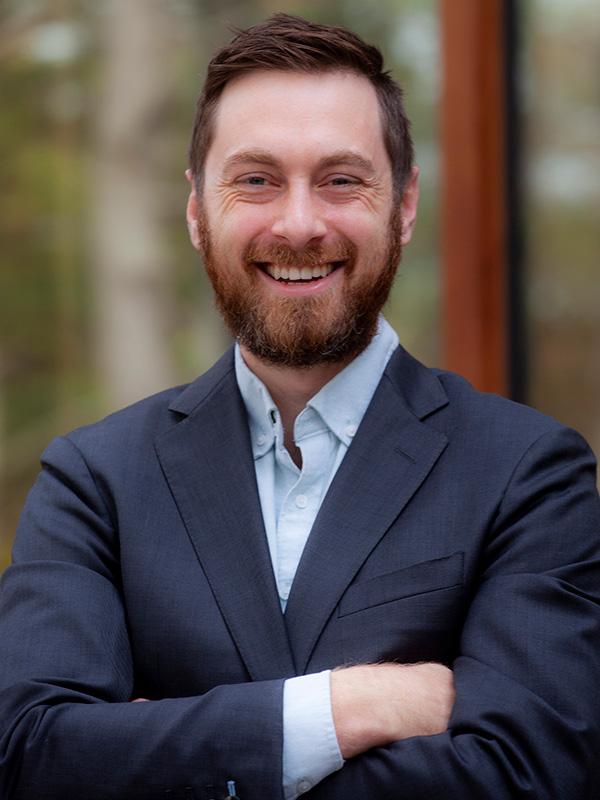
Principal, Falcon Ventures
Attended COP25 in Madrid, 2019
What have you been up to since graduating from Tuck?
I am passionate about protecting our planet and I believe that tackling our world’s greatest challenges are also opportunities for deep tech startups to catalyze systemic change and drive lasting impact. Since graduating from Tuck I’ve been working in climate tech venture capital, where I have partnered with early-stage entrepreneurs that are equally driven to make the world a better place. It has been a fun adventure working with a smaller but emerging fund where I’ve been able to build the foundation for us to become a top tier climate tech investor. I’ve been fortunate enough to do this from Portland, OR, where I can revel in beautiful natural surroundings and mix in plenty of trail running, snowboarding, and cooking in my downtime.
What was your biggest takeaway from attending COP as a Dartmouth-Tuck delegate?
My biggest takeaway from COP25 was the urgency and importance of building greater collaboration between business leaders and policymakers. When viewed from a systems thinking lens, strengthening the connectivity between ecosystem stakeholders is critical for understanding complex problems and how to solve them. The ecosystem of a single country is complicated enough, so international policymakers working across the entire globe is a monumental task. We have scientists with data that can highlight critical challenges and prioritize areas of focus, we have entrepreneurs and business leaders that are driven and ready to scale solutions, and we have a tight timeline that should engender a better balance between short- and long-term results. Policymakers are at this intersection trying to build consensus, and we look to them for a north star to rally behind—the faster they determine the frameworks, goals, metrics, and tools, the sooner we can align our efforts.
What was the experience like?
The experience was inspiring—though the amount of work required remains daunting. Being surrounded by all the other countries showcasing their flagship climate projects was an amazing opportunity to learn from discussions, workshops, and presentations with diverse perspectives. Developing a more nuanced understanding and appreciation of the regional approaches to climate mitigation, adaptation, and resilience also highlighted the pervasive and indiscriminate influence of climate change. There is more content to consume than there is time at COP, so I found myself selecting a range of events that aligned with my personal and professional interests rather than the most well attended. I enjoyed it much more when approached as an opportunity to absorb knowledge for my own edification and removed any self-imposed pressure to network.
Since attending COP and graduating from Tuck, are there any changes you’ve made, either personally or professionally, to help address the climate change crisis?
I hope that by supporting startups that are trying to tackle climate change, or at least a slice of it, I’ve been able to help address the crisis. I’ve integrated the UN SDGs into our firm’s impact analysis and diligence toolkit. Though the SGD metrics are often not ideal for early-stage startups, there are core principles that combine well with additional impact frameworks that together set the foundation for rigorous impact analysis. Personally, I’ve also been working to reduce my footprint and limit meat consumption, as that is one of the most high-impact actions individuals can take.
What advice do you have for prospective Tuck MBA and incoming Tuck MBA students who are interested in exploring energy, sustainability, and social impact space?
There are opportunities across all areas of the impact space! Pick a few of the specific areas that are most important to you and that drive you—then focus on those. Talk to alumni in those areas and learn as much as you can about the ecosystems surrounding those impact areas and where opportunities are emerging. Do an independent study and write a white paper on a topic that you want to learn more about. That will help you be more effective in your career, and you can use the exploration of that white paper to build the network you’d want post-Tuck. By being curious and engaging about a technical area of interest, you can have conversations that are not recruiting related calls, but about building real relationships with the firms you want to collaborate with, post-Tuck.
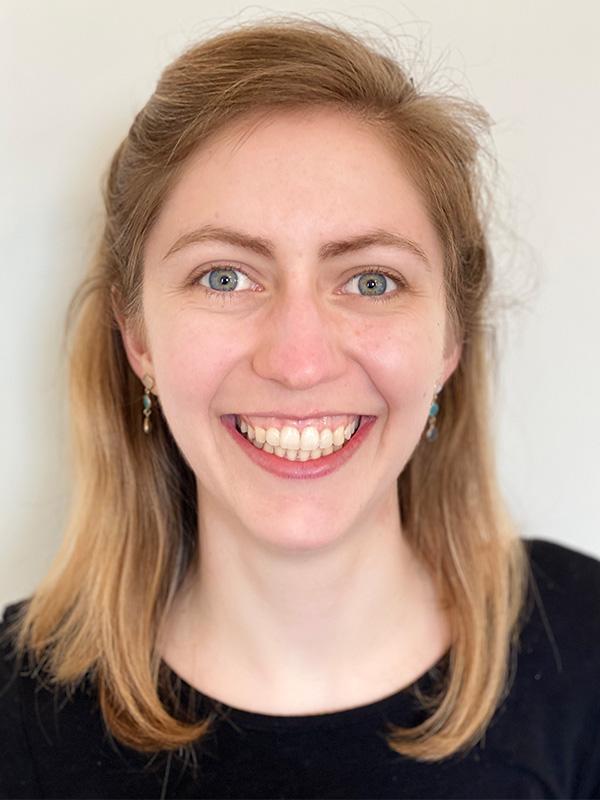
Product Manager, Synop
Attended COP26 Glasgow, 2021
What have you been up to since graduating from Tuck?
After graduating Tuck, I joined Synop, an early-stage company that provides fleet charging and energy management software to help commercial electric fleets scale and optimize costs. A recent project of ours—and one not too far from Tuck in Vermont!—aims to unlock school bus electrification by enabling buses to send power back to the grid (Vehicle-to-Grid technology).
What was your biggest takeaway from attending COP as a Dartmouth-Tuck delegate? What was the experience like?
I especially appreciated the opportunity to observe live climate negotiations. There are incredibly important but complicated decisions to make around financing in particular and it was valuable to spend time considering those intricacies while at the conference. As we look towards COP28, the stakes have only grown, and I am hopeful that we will see increased action and collaboration towards driving emissions reduction.
What advice do you have for prospective Tuck MBA and incoming Tuck MBA students who are interested in exploring energy, sustainability, and social impact space?
Spend time chatting with Tuck alumni. There are many opportunities to get involved in the climate and sustainability space and I found it helpful to engage with alum as I made decisions about where to focus both while at Tuck and after graduating.
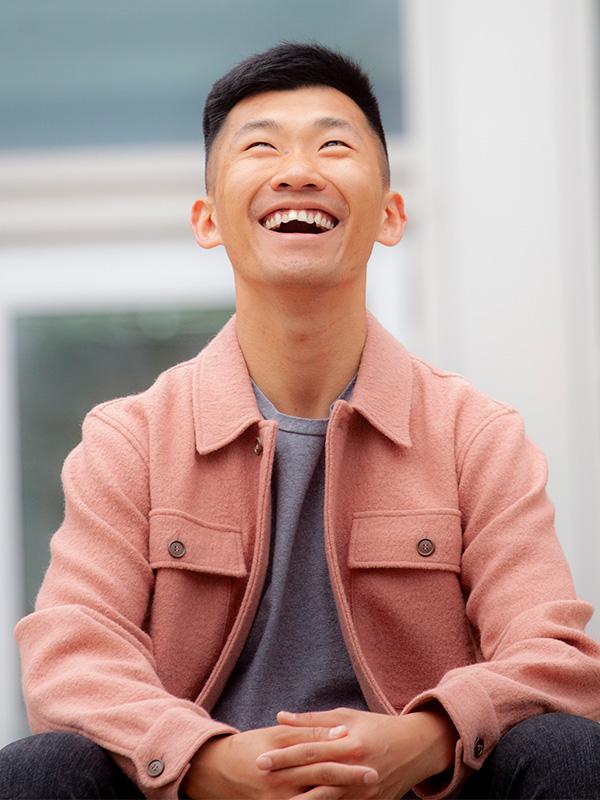
Global Marketplace Sustainability Lead – Nike
Attended COP24, Katowice, Poland, 2018 & COP25, Chile-Spain, 2019
What have you been up to since graduating from Tuck?
Driving Nike towards a more circular future by advancing, creating, and scaling new circular business models.
What was your biggest takeaway from attending COP as a Dartmouth-Tuck delegate? What was the experience like?
The climate and environment space is ever evolving without any clear answers and it’s up to business and public policy leaders to help define to future to protect the future of our planet
Since attending COP and graduating from Tuck, are there any changes you’ve made, either personally or professionally, to help address the climate change crisis?
Working as a sustainability professional at the largest footwear and apparel retailer in the world.
What advice do you have for prospective MBA students who are interested in exploring energy, sustainability, and the social impact space?
Pick something specific, pick something you love and are genuinely interested in, and pick something that you are personally and professional invested in. Don’t try and solve it all because you can’t!
What would you tell future Tuck students attending COP to do, to make best use of their time?
Don’t try and go to everything, find a theme or topic that you are especially interested in. For me, it was intersection of climate and sport and that was my north star for attending events. Another silly but fun thing to do is just stop and remind yourself where you are and why you came to business school. The fact that you are at COP and surrounded by hundreds, if not thousands of individuals all trying to advance climate across the globe. Pretty cool!
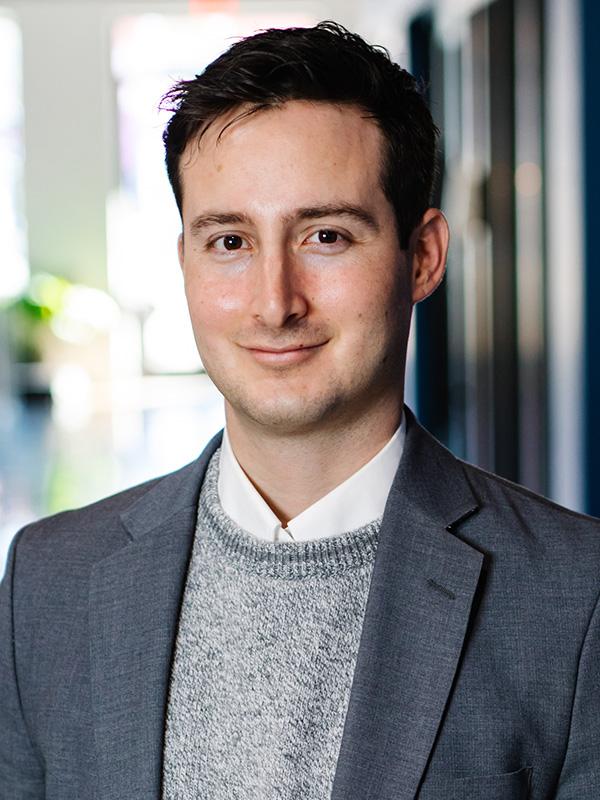
Associate, NextEra Energy Investments (NextEra Energy)
Attended COP25, Madrid, 2019
What have you been up to since graduating from Tuck?
Since graduating from Tuck in 2021, I’ve worked at Modern Energy, investing structured capital in early-stage project developers, and am now working at NextEra Energy, where I am investing in companies of strategic value for the company.
What was your biggest takeaway from attending COP as a Dartmouth-Tuck delegate? What was the experience like?
I had the privilege of attending COP25 as an observer in 2019, which was one of the most memorable parts of my MBA. The biggest takeaway from attending COP25 was that humans have a long way to go to mitigate carbon emissions while adapting and becoming resilient to the effects of climate change. In particular, I learned that, largely, we are not doing enough, collectively to reduce greenhouse gas emissions and that allocating capital was a key aspect in driving reduction of emissions. Having spent my pre-MBA career in the power and renewables space I was incredibly biased to solutions within the space, and this experienced exposed me to the problems and potential solutions across the emissions landscape.
Since attending COP and graduating from Tuck, are there any changes you’ve made, either personally or professionally, to help address the climate change crisis?
After attending COP and graduating from Tuck, I was reinvigorated to find a role that intersected at my interests of emissions reductions and investments. I think that personal decisions and carbon reductions are important, but if we truly want to make lasting changes we need to focus on the massive, systemic emitters and invest in technologies, companies and/or processes that will meaningfully drive emissions down.
What advice do you have for prospective MBA students who are interested in exploring energy, sustainability, and the social impact space?
Prospective MBA students should have as many explorative conversations as possible, to gain a broad and introductory insight into the various opportunities in the sustainability space.
It sounds incredibly simplistic, but there are many, diverse functions, across verticals and geographies, which differ immensely. I think there are meaningful activities such as contemplating what you love doing and matching that with the overlap area of your interest within functional role, industry vertical, and geographic location. For example, I’d posit that project finance role for solar in Florida is relatively similar to a project finance role for solar in New York. However, if you are not that interested in tax equity (look it up) and don’t want to live in New York, then that role might not be for you.
Incoming MBAs should have a working hypothesis of what they want to do—but I would vehemently implore that you also budget some exploratory time into your recruiting and networking time. Admittedly, I am guilty of exploring perhaps too much, and too unfocused, however, that time in exploration made it incredibly easier for me to say no to opportunities that were too far away from my initial hypothesis and therefore I felt empowered to appreciatively pass on those.
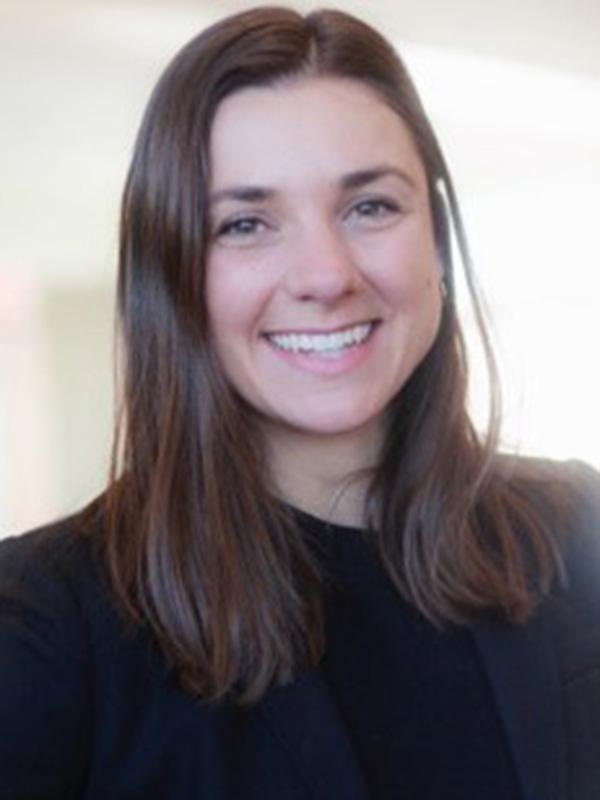
Associate, Bold Ocean Ventures
Attended COP26, Glasgow, Scotland, 2021
What have you been up to since graduating from Tuck?
I’ve been working in climate impact investing, assessing early-stage startups for venture capital investment that are innovating for solutions at the intersection of oceans and climate.
What was your biggest takeaway from attending COP as a Dartmouth-Tuck delegate? What was the experience like?
I had participated in numerous COP simulated negotiations, so being there solidified these learnings into reality. Being a fly on the wall of these high-level negotiations was a fantastic way to learn how nations strategize, what priorities are on the table, and how nonprofits, governments, and for profit institutions all interact at this high level.
What advice do you have for prospective MBA students who are interested in exploring energy, sustainability, and the social impact space?
Take advantage of the resources available outside the classroom. Investigate what experiential learning opportunities exist both at Tuck and Dartmouth more broadly. Connect with alumni in the areas that interest you, and stay firm in your career interests.
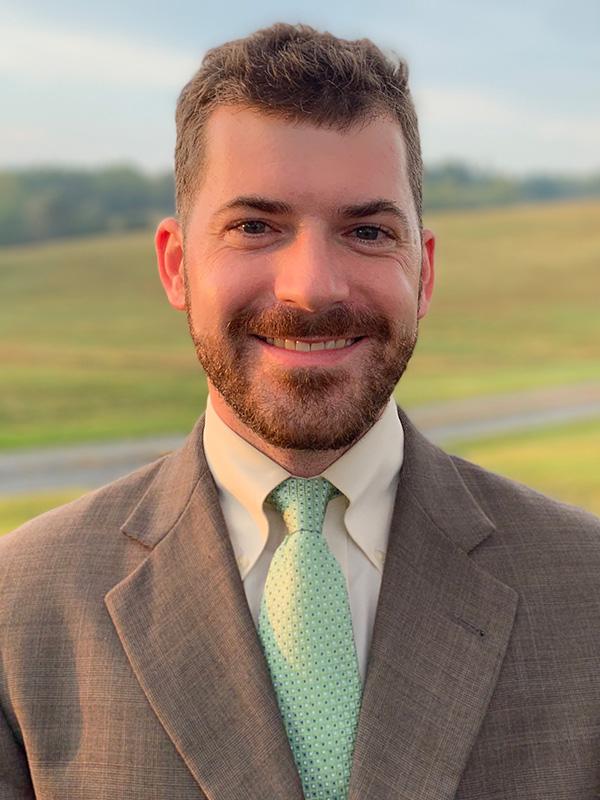
Principal, Banyan Global (Family Business Advisors)
Attended COP26, Glasgow, Scotland, 2021
What have you been up to since graduating from Tuck?
I accepted a role at Banyan, where I work with some of the largest privately-held businesses in the world to help family owners make great decisions about shared assets. I’ve learned a ton about owner strategy, governance, and facilitating decision processes. One current highlight of my work is working with a family to transition ownership of their business to a charitable foundation governed by a perpetual purpose trust. I’ve also been making good progress on completing my 48 NH 4000 footers, spent extended stays working remotely in Costa Rica and Peru, and recently joined the General and Audit committees of the Friends Committee on National Legislation (a non-partisan Quaker policy advocacy group).
What was your biggest takeaway from attending COP as a Dartmouth-Tuck delegate? What was the experience like?
It was overwhelming: a sensory overload to try to navigate the packed conference space and negotiate a 5-page daily schedule written in size-8 font, and mentally/spiritually overwhelming to confront the impacts of climate change and the inadequacy of our collective response. I came away from the experience motivated to be more informed and to use my work in the private sector to be an agent of change.
What advice do you have for prospective MBA students who are interested in exploring energy, sustainability, and the social impact space?
1) It’s really hard. You will need to envision and create your own recruiting process, and you might need to define your own role and goals if you get hired. The challenge of finding a role helps refine your goals and you will build a great network as you talk to people. 2) Try not to see "sustainability" as a silo. Ultimately effective firms will have social and environmental responsibility integrated into all functions and all levels of the company. Look for ways to add value and an environmental perspective in whatever role you’re in. 3) Be aware that the field evolves very fast, and try to work with well-intentioned firms or experienced mentors rather than getting hooked on any one approach to impact. When I started work in the economic development field microfinance was all the rage; when I left the field 6 years later focus (and money) had shifted to cash transfer. A decade ago carbon offsetting was super hot; now many aspects of that approach are being called into question. Adaptability is important.